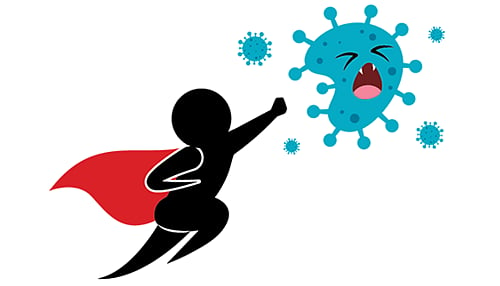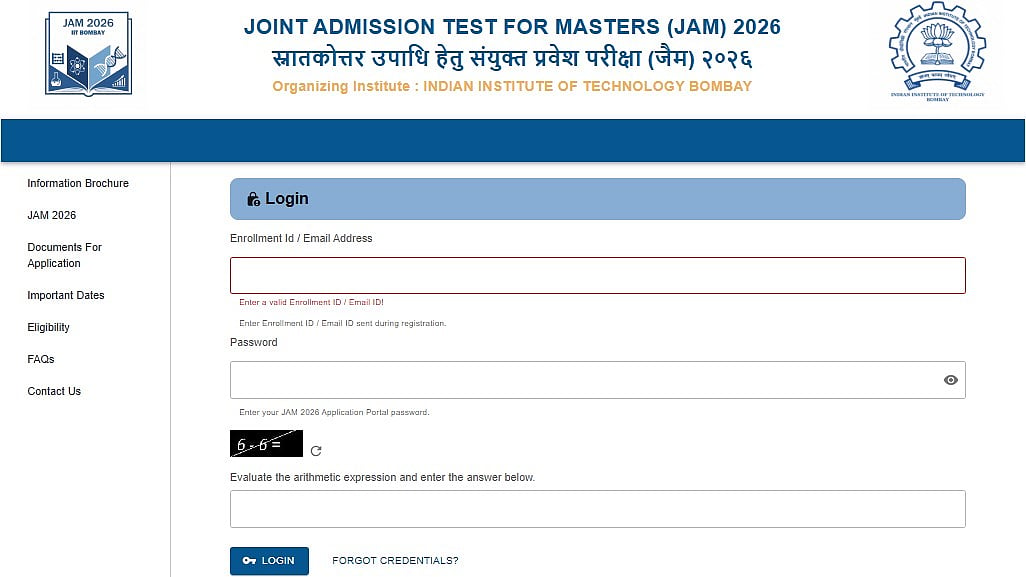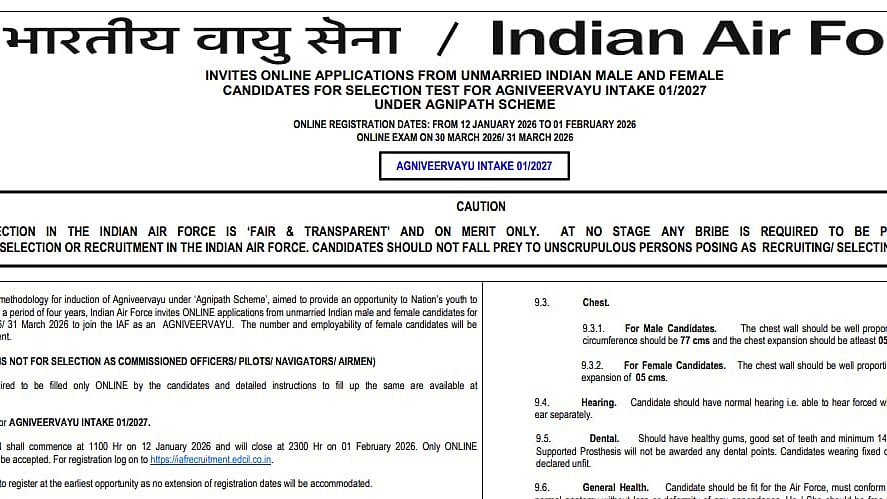New Delhi: A newly-developed air filter supported by special grants from Science and Engineering Research Board (SERB) can deactivate the germs, 'self-cleaning' them out of the system, using ingredients commonly found in green tea.
A research team led by Suryasarathi Bose and Kaushik Chatterjee at the Indian Institute of Science (IISc), Bangalore, developed germ-destroying air filters that can inactivate germs using ingredients like polyphenols and polycationic polymers commonly found in green tea. These 'green' ingredients rupture the microbes through site-specific binding.
Impure air might make our life shorter to the extent that Indians lose 5-10 years of their lives because of air-borne contaminants leading to respiratory diseases, adversely affecting physical health as well as mental health, according to a report by the University of Chicago.
The research was supported by special grants from SERB during the challenging Covid-19 pandemic and SERB-Technology Translation Awards (SERB-TETRA) funds and a patent has been filed on this.
Over continuous usage, the existing air filters become a breeding ground for captured germs. The growth of these germs clog the pores of the filter, reducing the life of the filters.
Resuspension of these germs can infect people in the vicinity. The novel anti-microbial air filters were tested at the National Accreditation Board for Testing and Calibration Laboratories and were found to deactivate SARS-CoV-2 (delta variant) with an efficiency of 99.24 percent. This technology was transferred to AiRTH, a startup that is replacing the existing germ-growing air filters with germ-destroying air filters for commercialisation, said the Ministry of Science and Technology on Saturday.
As this innovation holds promise to develop antimicrobial filters that can prevent endemics caused by air-borne pathogens, a patent was granted in 2022.
These novel antimicrobial filters in our ACs, central ducts and air purifiers can play a crucial role in our fight against air pollution and mitigate the spread of air-borne pathogens like coronaviruses.






